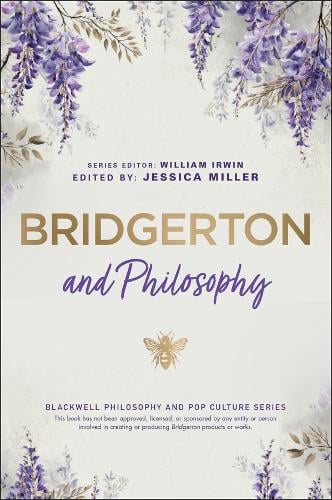The Journal of Popular Romance Studies is calling for papers for its special issue on Sport Romance.
Narratives intertwining sport culture with popular romance have steadily grown in popularity throughout the last fifty years, spiking most recently with the release of streaming drama Heated Rivalry, adapted from the novels of Rachel Reid. Increasingly, popular romance set against the backdrop of elite athleticism and featuring one, if not two or more, professional athletes, have become a substantial facet of the romance literary and media landscape. Despite the significant success of this subgenre of popular romance, scholarly investigations have thus far been limited. This special issue therefore is devoted to igniting wide-ranging, exploratory and original discussion on the topic of sport romance.
Adopting an expansive definition of sport and leisure, these articles may consider sports, games and pastimes ranging from international leagues to community clubs to sports that push the limit of the term such as autoracing, gaming and gambling, as represented in romance fiction, film and TV, fanfic and other forms of transformative culture and media. We invite submissions from a broad range of disciplinary and interdisciplinary contexts, including but not limited to: cultural studies, literary studies, gender studies, publishing studies, history, celebrity studies, sports studies and fan studies.
Topics of interest may include but are not limited to:
- Sports in romance narratives in a variety of media, including but not limited to: genre fiction, memoir, screen media, music, or in the teaching of these media.
- The significance of self-publishing in contemporary sport romance
- The relationship between sport fan communities, romance fan communities and sport romance fiction
- ‘BookTok’ and the impact of sport romance fan behaviour on athletes
- Precursors to contemporary sport romance such as Jilly Cooper’s Rutshire Chronicles and Susan Elizabeth Phillips’ Chicago Stars
- Portrayals of gender difference and subversion in sport romance
- Class, wealth and celebrity in sport romance
- Queer themes and homophobia within sport culture as explored in sport romance
- Young Adult sport romance and the pedagogical interventions endeavoured by sport romance in young people’s physical activity
Please submit abstracts of no more than 300 words and bios of no more than 100 words to Atlanta Tsiaoukkas (at839@cam.ac.uk) by 31st May 2026. Full articles of between 5,000 and 10,000 words, including notes and bibliography, will be due by 1 December 2026. Please note that all research articles submitted to this special issue of JPRS will undergo peer review via a double blind, pre-publication peer review policy.



%20(002).png)